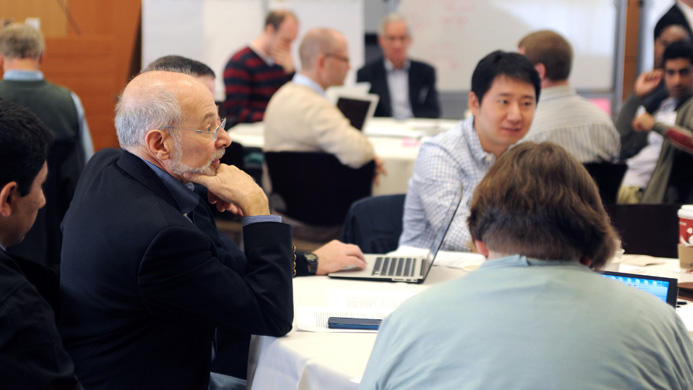You are here
Home › Research › RTTA 2: Public Opinion & Values › RTTA 2/2: Scientists' Opinions and ValuesRTTA 2/2: Scientists' Opinions and Values

RTTA 2/2 has completed two national-level nano-scientist surveys. Both surveys were a mail survey of leading US nano-scientists in 2007 (n=363) and 2011 (n=444).
The analysis of the 2007 survey showed that nanoscientists are more supportive of regulation when they perceive higher levels of risks; while the perceived benefits about nanotechnology do not significantly impact their support for nanotech regulation. The research also found that male nanoscientists are less supportive of regulation than their female peers, and that materials scientists are more supportive of nanotechnology regulation than scientists in other fields.
Exploring public perceptions and scientists’ perceptions about media coverage of nanotechnology – as well as the public communication of research - were also key focal areas in the 2007 data. The results indicate that many nano-scientists feel a sense of responsibility for communicating their research findings to the public, but attitudes about the timing and ideal pathway of that communication vary across the group.
The RTTA 2/2 team is currently analyzing the results of the 2011 scientist survey. The 2011 survey focused on more granular perceptions about the risks and benefits of nanotechnology, regulation, public engagement and the ethics of laboratory practice. In addition to exploring scientists’ perceptions about pressing policy issues--including current and future risk levels for public exposure to nanomaterials, as well as mandatory policies on safe lab practices for federally funded nano-research--the survey also tested relationships between scientists’ perceptions and control variables such as gender, disciplinary affiliation, political ideology, academic rank, employment affiliation and religiosity. The analysis will contain a comparison between the data collections in 2007 and 2011 to explore any changes over the four-year time period.


